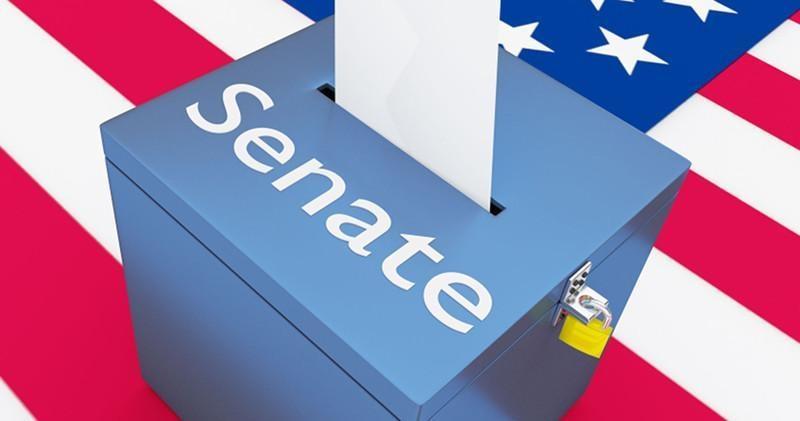
Three weeks into the government shutdown, I’m not sure how this standoff ends, but I do know there are multiple reasons for how we got here.
What’s the problem? Democrats and Republicans can’t find a solution because they’re trying to solve two different problems. If you listen carefully, Democrats are trying to end the government shutdown while Republicans are trying to find money to build a wall.
No deadline. It’s normal for the parties to disagree on how to compromise and what a compromise should look like. That’s been happening for generations. But now the parties can’t even agree on when to compromise. The potential for a government shutdown looked like a deadline, but we’ve blown past that and that’s clearly not enough of a concern to force either party’s hand.
Political gain. President Donald Trump and the Democrats both believe that the other side will be blamed for a prolonged government shutdown. With that mentality, there’s no incentive to compromise or give ground. And each party’s base is even encouraging their principals to stand firm without compromise. There are a handful of Republicans, facing difficult re-election races, siding with Democrats to reopen the government and then continue negotiating. But that’s not enough people to persuade the president.
Limited scope of a shutdown. In spite of the rhetoric and apocalyptic media coverage, we’re talking about a partial government shutdown that directly impacts approximately 800,000 people. Those are real people with real families and real bills, but it’s also fraction of the more than 300 million people in the country. I rarely hear much about national parks until there’s a shutdown. If the shutdown directly affected more people, there would be more pressure on the president and Congress to act.
Campaign promises. I still believe that Trump thinks of himself as a deal-maker more than a Republican, and that he normally cares less about what or who a deal involves and just wants to get a deal done and take credit for it. But this involves a campaign promise, and he feels compelled to deliver. On the flip side, many Democrats believe they were elected to be a “check” on Trump or to oppose him altogether. That dynamic doesn’t lead to compromise.

